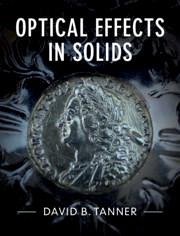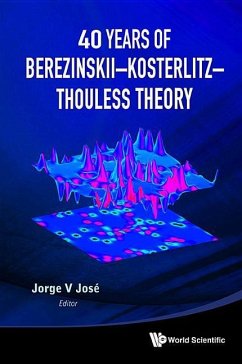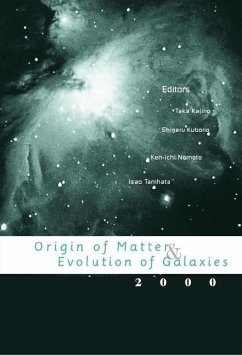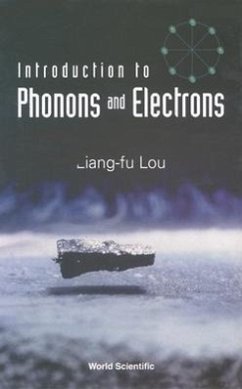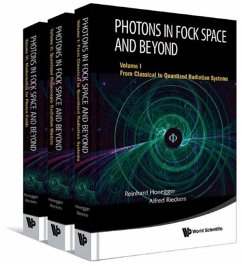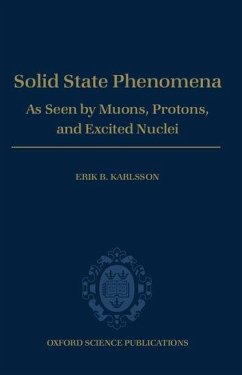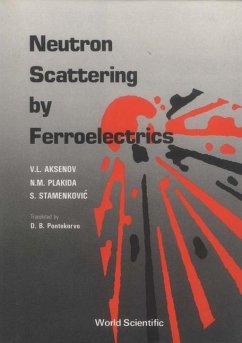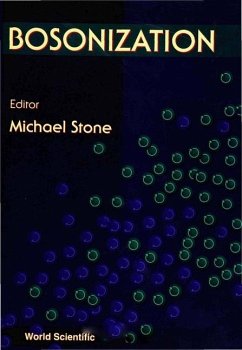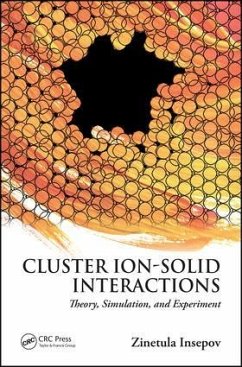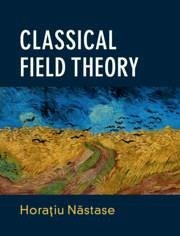Nicht lieferbar
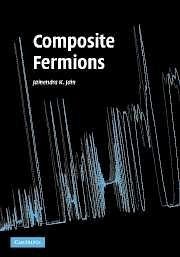
Composite Fermions
Versandkostenfrei!
Nicht lieferbar
When electrons are confined to two dimensions, cooled to near absolute zero temperature, and subjected to a strong magnetic field, they form an exotic new collective state of matter. Investigations into this began with the observations of integral and fractional quantum Hall effects, which are among the most important discoveries in condensed matter physics. The fractional quantum Hall effect and a stream of other unexpected findings are explained by a new class of particles: composite fermions. This textbook is a self-contained, pedagogical introduction to the physics and experimental manifes...
When electrons are confined to two dimensions, cooled to near absolute zero temperature, and subjected to a strong magnetic field, they form an exotic new collective state of matter. Investigations into this began with the observations of integral and fractional quantum Hall effects, which are among the most important discoveries in condensed matter physics. The fractional quantum Hall effect and a stream of other unexpected findings are explained by a new class of particles: composite fermions. This textbook is a self-contained, pedagogical introduction to the physics and experimental manifestations of composite fermions. Ideal for graduate students and academic researchers, it contains numerous exercises to reinforce the concepts presented. The topics covered include the integral and fractional quantum Hall effects, the composite-fermion Fermi sea, various kinds of excitations, the role of spin, edge state transport, electron solid, bilayer physics, fractional braiding statistics and fractional local charge.





